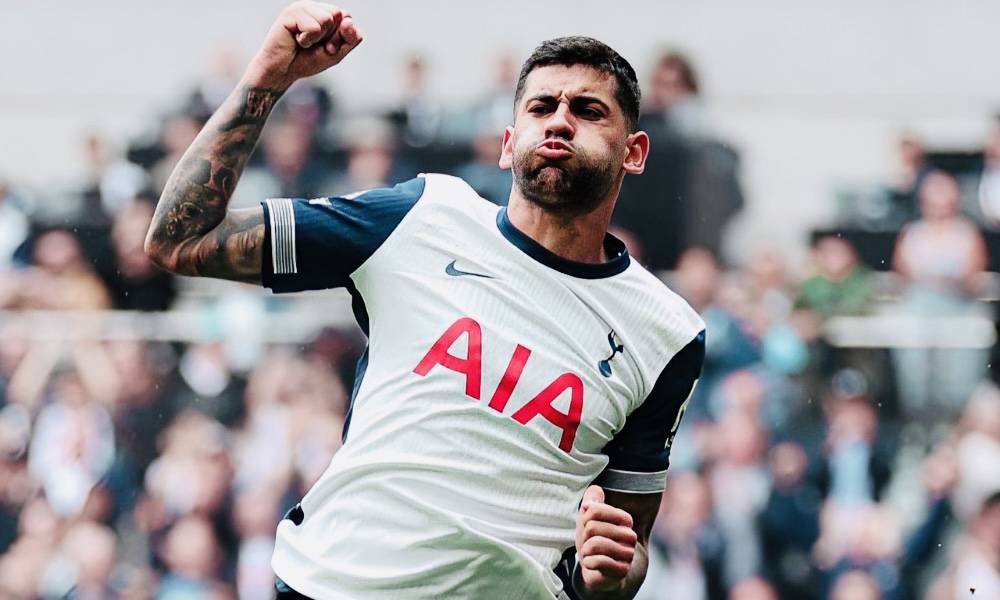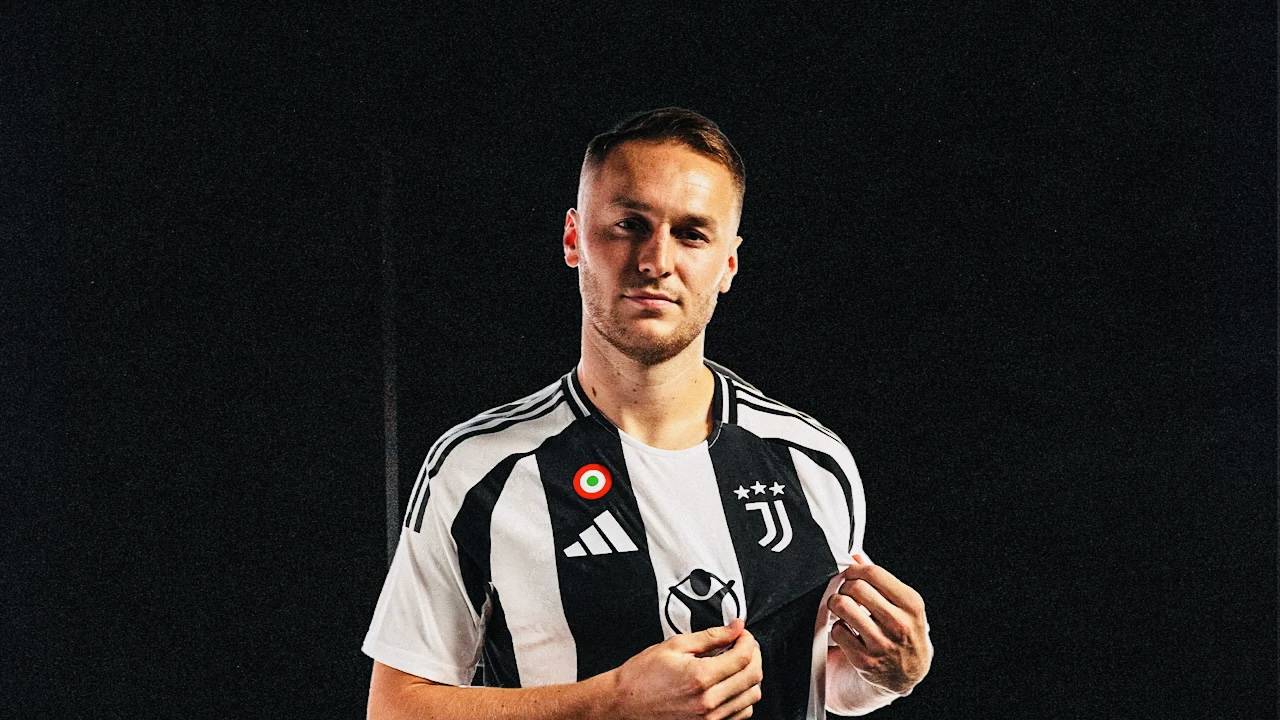Juventus has officially announced that their player, Teun Koopmeiners, is suffering from a mildly dislocated fracture in the second anterior rib on the right side of his body. This injury was discovered following a medical assessment, and while it is not considered an extreme or severe case, it is nonetheless a concerning issue for both the player and the team. A dislocated fracture means that the bone has not only fractured but also moved from its original position, which can lead to additional discomfort and complications if not treated appropriately.
Given the nature of rib injuries, this type of fracture can be particularly painful and restrictive for athletes, especially in a physically demanding sport like football. The second rib, located near the upper chest area, plays an important role in providing stability to the upper body and protecting vital organs like the lungs and heart. Any damage to this area can affect breathing, physical movement, and the overall performance of an athlete. While a slight dislocation might suggest that the fracture is not as severe as it could be, it still requires careful monitoring to avoid exacerbating the injury or leading to long-term complications.
The club has stated that Koopmeiners will now begin a course of appropriate therapy designed to help him recover from the injury. The exact details of this therapy have not been disclosed, but it will likely include a combination of rest, physical therapy, and perhaps some pain management techniques. The focus of the treatment will be to ensure that the fractured rib heals properly without causing further damage. In cases like this, it's important to balance rehabilitation with the player’s overall well-being, ensuring that he does not rush back into action before he is fully recovered. Rib injuries, in particular, can be tricky, as they can take time to heal and are prone to re-injury if not handled carefully.
The club has also emphasized that Koopmeiners' recovery will be evaluated based on his symptoms. This means that rather than setting a fixed timeline for his return to the field, the medical team will closely monitor his progress and adjust his treatment plan according to how his body responds to the therapy. Symptom-based recovery allows for a more personalized approach, focusing on how Koopmeiners feels rather than rushing him back into action based on a predetermined schedule. This kind of approach is common in sports medicine, especially for injuries that vary widely in recovery time depending on the severity and the individual athlete’s healing process.
Rib fractures can be particularly challenging for football players due to the physical nature of the sport. Tackles, sudden movements, and the general physicality required on the pitch put additional strain on the chest and ribcage. If not fully healed, even a slight knock could worsen the injury, leading to a longer recovery period or the risk of more serious damage. For this reason, Juventus and its medical staff will likely take a cautious approach to Koopmeiners’ rehabilitation.
Furthermore, the team will want to ensure that he is in top condition before returning to competitive play, not just for his short-term recovery but for his long-term fitness and ability to contribute to the team. The management of this type of injury is crucial, and both the club and the player will be eager to avoid any setbacks.
At this point, Juventus has not provided a specific timetable for his return, but by opting for a symptom-based evaluation, they are taking a prudent path to his recovery. Fans of both Juventus and Koopmeiners will be hoping for a speedy recovery, but the key priority will be ensuring that he heals fully and does not suffer any long-term repercussions from the injury. His presence on the field is valuable to the team, but his health and well-being are paramount, and the club will likely prioritize a careful and thorough recovery process over rushing him back into play.




No comments yet
Be the first to share your thoughts!